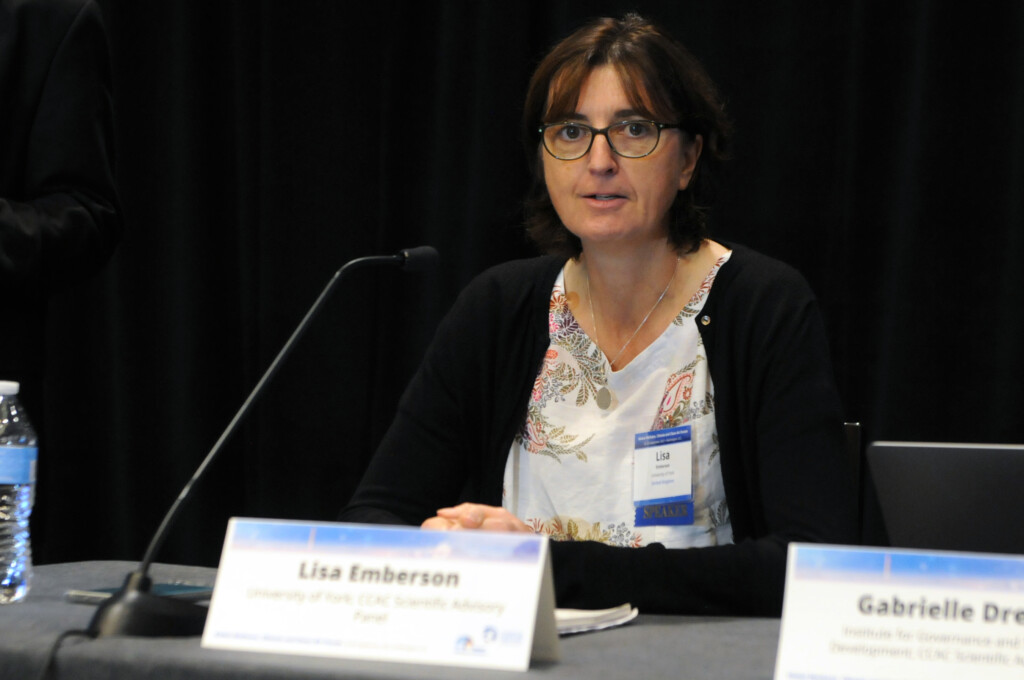In an unprecedented move at COP28 in Dubai, leading climate philanthropies have pledged a remarkable $450 million over the next three years. This investment is dedicated to accelerating the reduction of non-CO2 super climate pollutants, which are significantly contributing to global climate change. A substantial portion of this funding is earmarked for curbing methane emissions, while the remainder will focus on diminishing fluorinated gases, nitrous oxide, black carbon, and ground-level ozone.
Patricia Espinosa, CEO of onepoint5, emphasized the urgency of this action, highlighting 2023’s trajectory to be the warmest year on record. She stressed the importance of immediate and ambitious initiatives to limit global warming, particularly for communities most vulnerable to climate change.
Methane, accountable for over a quarter of global climate warming, is a key target in this initiative. The philanthropies advocate for mandatory measures to curb methane emissions in pivotal sectors such as oil and gas, agriculture, and waste management. This strategy is crucial to maintain the 1.5°C goal of the Paris Agreement within reach.
Ken Ofori-Atta, Ghana’s Finance Minister and V20 Chair, called for urgent action from major polluters and affluent nations to enforce the 1.5°C limit. He highlighted the economic strain on V20 nations due to average temperatures exceeding those conducive to economic growth.
Despite numerous voluntary pledges to reduce non-CO2 gases, there’s a gap in their integration into the Paris Agreement’s Nationally Determined Contribution (NDC) process. The new funding aims to bridge this gap by supporting countries in implementing national actions and ambitious economy-wide NDCs that encompass all climate pollutants.
Izabella Teixeira, co-chair of the UNEP International Resource Panel, underscored the importance of collaborative efforts among philanthropies, governments, and private sectors in addressing super pollutants.
The philanthropies draw inspiration from the successful implementation of the 2016 Kigali Amendment to the Montreal Protocol, which effectively reduced hydrofluorocarbons (HFCs) and other harmful chemicals. This new commitment aims to replicate such success across other super pollutants.
Mia Amor Mottley, Prime Minister of Barbados, emphasized the need for decisive action in regulating methane and other super pollutants to prevent exceeding the 1.5-degree warming threshold.
The reduction of super pollutants is not only crucial for climate goals but also for improving global air quality and preventing millions of deaths annually due to air pollution.
Jess Ayers, CEO of Quadrature Climate Foundation, and Antha Williams of Bloomberg Philanthropies, both highlighted the critical role of financial support in achieving these climate objectives, particularly for those hardest hit by climate change.
As COP28 concludes the Global Stocktake under the Paris Agreement, it’s evident that current efforts fall short of the required targets. Christie Ulman of Sequoia Climate Foundation and John Palfrey of the MacArthur Foundation emphasized the need for stronger targets and direct actions in reducing emissions, particularly methane.
Kate Hampton, CEO of the Children’s Climate Fund Foundation, pointed out the necessity of a swift, comprehensive approach in cutting super pollutants through investment, technical assistance, and stringent regulation.
The following philanthropic organizations are part of this monumental announcement: Ballmer Group, Bezos Earth Fund, Bloomberg Philanthropies, Children’s Investment Fund Foundation, High Tide Foundation, MacArthur Foundation, Larsen Lam Climate Change Foundation, Pisces Foundation, Quadrature Climate Foundation, Sequoia Climate Foundation, and William and Flora Hewlett Foundation.
Each of these foundations has a unique mission and vision, yet they share a common goal: to combat the adverse effects of climate change and ensure a sustainable future for our planet.
Media Contacts
Sequoia Climate Foundation
[email protected]
[email protected]








